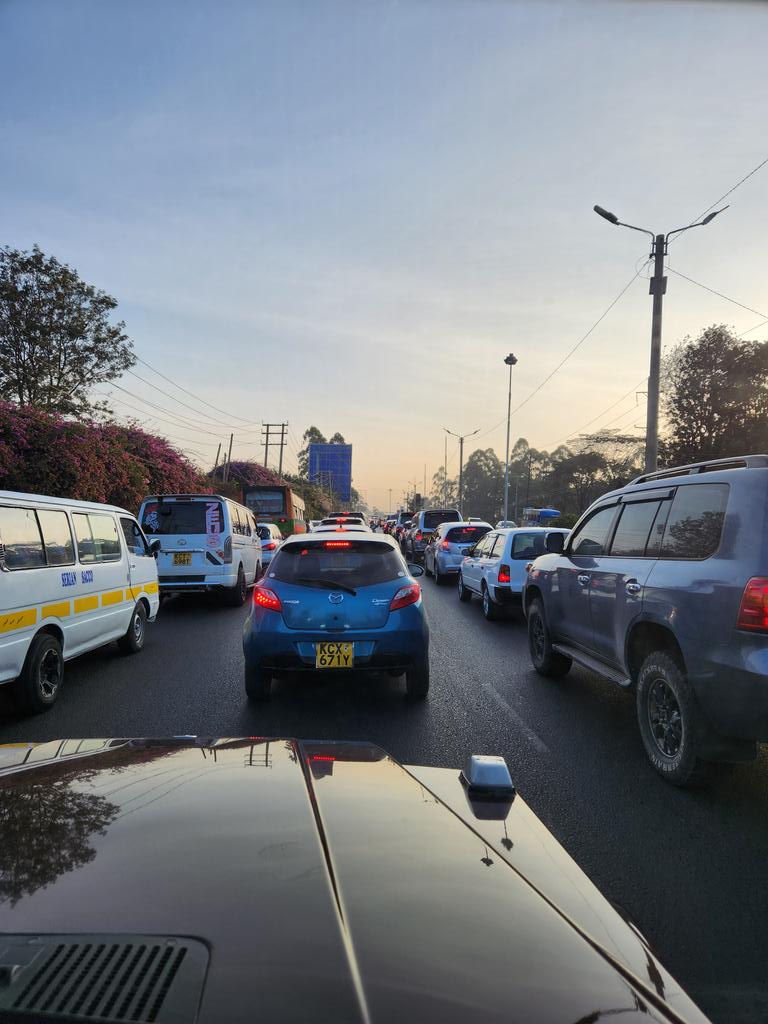Share
Kenya drivers and boda boda riders have blamed the hike in fuel prices which was announced on Wednesday, September 14 by the Energy and Petroleum Regulatory Authority (EPRA)
The Motorists Association of Kenya (MAK) has termed the reduction in fuel prices as a slap on the face of the hardworking Kenyans, and accussed the government is accused of thirteen-year daylight robbery through politically frenzied price controls.
MAK said before it lobbied for fuel price control, fuel pricing was guided by market forces and global benchmarks and prices varied by location but reflected actual economic realities.
“When the Energy Regulatory Commission (ERC) was created, we fought for – and secured – a transparent formula that determined fuel prices fairly. This formula was not secret; it was presented in ERC boardrooms at Eagle House, explained with diagrams, and witnessed by MAK representatives and the media. There was accountability scientific formula,” MAK said.
EPRA as a Political Tool
However, the Association said the system was dismantled after 2013, when ERC was scrapped and replaced by the EPRA, run by politically appointed directors with no obligation to explain themselves to the public.
MAK said the decision has resulted to thirteen years of punitive, politically motivated fuel pricing that has no basis in economic reality.
The Association said fuel prices are now a tool for easy available revenue extraction – a tax collector’s paradise, rather than a fair reflection of global oil markets.
“Worse still, EPRA’s monthly price ritual has become unnecessary and superfluous. There is no justification for revising pump prices every month when fuel procurement follows a three-month cycle from order to landing. This monthly circus only serves to keep Kenyans anxious and condition the public to accept exploitative unpredictable price hikes that keep the transport industry on the edge,” MAK stated.
Return to Open Tendering
MAK demanded that fuel procurement must return to open tendering (OTC) to ensure transparency and allow market forces to work.
It reasoned that the current opaque G-to-G arrangements are a breeding ground for cartels, backroom deals, and the looting of public funds.
Tanzania Copying EPRA
MAK said even countries neighboring Kenya have begun to suffer under this flawed model.
The Association said Tanzania recently increased pump prices by a shocking Ksh 27 after benchmarking with EPRA.
It explained that such a move makes regional transport prohibitively expensive and threatens the very spirit of the East African Community.
“This is nothing short of an economic conspiracy against the region’s integration and prosperity,” MAK said.
MAK stated that fuel is a necessity not a luxury since it powers Kenya’s transport sector, economy, and every livelihoods.
“Instead of protecting the public, EPRA has become the enabler of exploitation, working hand in glove with dealers, suppliers, and shadowy G-to-G arrangements to guarantee super profits to a select few while vehicle owners, commuters, and the broader economy are strangled,” MAK said.
Disbandment of EPRA
MAK stated that it will not remain silent and demanded that EPRA be replaced by ERC to stop the government from influencing fuel prices.
“As MAK, we will not stay silent. We demand the immediate disbandment of EPRA and either a return to the transparent ERC formula or a reversion to a free market. The government has no business setting fuel prices. Let market forces work – and if the government want fuel revenue, let it do so transparently, not by hiding behind a flawed price control mechanism that robs motorists to feed political opulence,” MAK said.
“The Kenyan public has endured enough price injustice. The high cost of fuel is the engine behind skyrocketing bus fares, slowed economic growth, and the suffocating cost of living. It is time to end this 13-year daylight robbery and restore fairness, transparency, and accountability in fuel pricing.”
